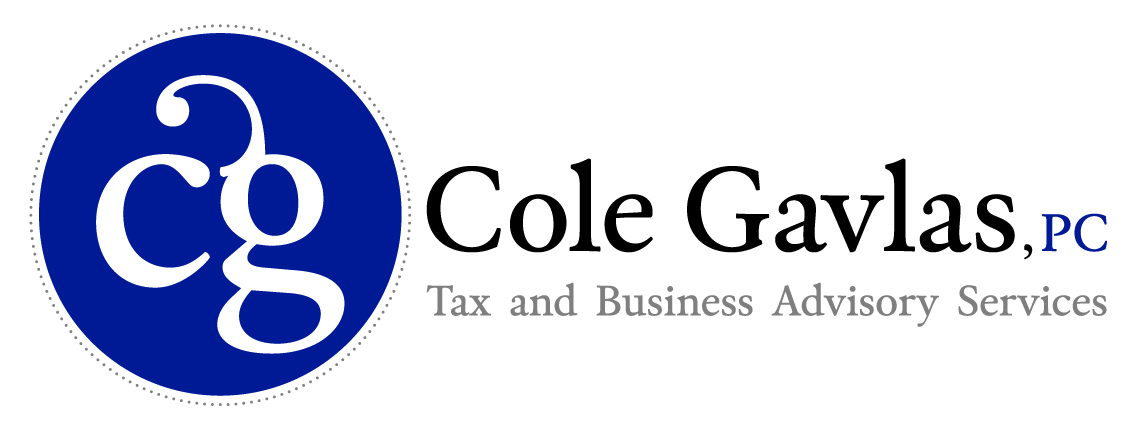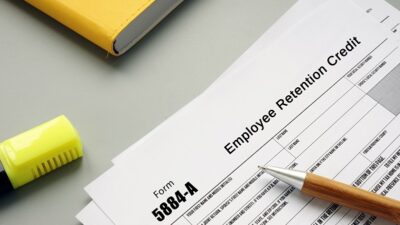So, we’re a month into 2023 and the sheen might’ve dulled from all your shiny, New Year’s resolutions. Though diet and exercise are the top things you might want to change, there’s one you might not need to touch – your budget. Here’s a discussion about who does and doesn’t need to revamp their finances.
Who Needs a New Budget?
Budgets are always a good idea. They help you save money and pay off debt. But only a few folks need to create a new one. According to Annette Harris, founder of Harris Financial Coaching, you need a new budget if you are:
- Unable to keep up with expenses
- Falling behind on debt payments
- Borrowing money from others
- Relying on credit cards
- Using payday lenders
But on the flipside, some positive life events may also call for a fresh look at your budget:
- Buying a house
- Planning home improvements
- Sending a child to college
Now, if you’re debt-free, saving and investing, then a new budget probably won’t provide much value. Further, Harris says that if you don’t have children that you’re putting through college, don’t have any upcoming big purchases, continue to spend wisely and build your net worth, don’t bother changing what you’re already doing. In other words, of it’s not broke, don’t fix it.
The Stigma Around the ‘B’ Word
That would be “budget.” Jesse Mecham, founder of the app You Need a Budget aka YNAB, has a good explanation about why this is so. He says that this very term (budget) is among the reasons that people don’t follow through with setting one – and sticking with it. He says that generally, people think it means restriction, deprivation or diet. What you need, he says, is a shift in perspective. If you think about a budget being a plan for intentional spending, no matter what year it is, you always want to be intentional. Makes good sense, right?
Some Budgets Might Even Cause Harm
Dana Miranda, founder of the “budget-free” financial ed website Healthy Rich, believes that budgets can do more harm than good. She says that people inevitably feel like they’re failing and aim for a fresh start at the beginning of the year; but no amount of recommitting to budgeting can make the realities of your life fit into the unrealistic restriction of a budget. Miranda says when people are stressed about money, they budget. When they succeed, it’s great. But when they fail, they feel like a failure and, consequently, are even more stressed. Much like dieting.
Alternatives to Budgeting
Here are three other ways to get a handle on your finances in the New Year.
Track Your Goals
We’re not talking about counting every dollar, but focusing on goals. Instead of not overspending, eating out less or avoiding online shopping, find areas in your budget that can help you accomplish your goals – one at a time. For instance, if you want to save for college for your kids, buy an investment property, or create a vacation fund, set up a tracker with a defined timeline and work toward that. It’s easier to narrowly focus on one important goal than on everything all at once.
Create an Annual Budget
This is in contrast to a monthly budget. This helps you accommodate for variables – life stuff – that inevitably come your way and knock you off course. According to Harris, take time to map out monthly costs, travel plans, and home renovations, along with any one-time and variable recurring costs. The bills you pay regularly are easy to anticipate; it’s the ones you don’t that will throw you a curveball.
Look at Your Relationship With Money
Ask yourself things like:
- Do I find joy in the way I make money?
- Are the commitments I made (like a monthly savings amount) still working for me?
- Am I achieving what I want?
- Am I at peace with the way I spend?
Harris says self-awareness found through journaling, meditation, yoga, and prayer are great ways to harness conscious spending. They contribute, she says, to helping you become more intentional with the way you spend.
No one is perfect. Everyone makes mistakes. However, with a few helpful hints like these, you can get better and better every day.
Sources
https://www.forbes.com/advisor/personal-finance/new-budget-new-years-resolution/
2022 Consumer Saving & Spending Behaviors (bankofamerica.com)




